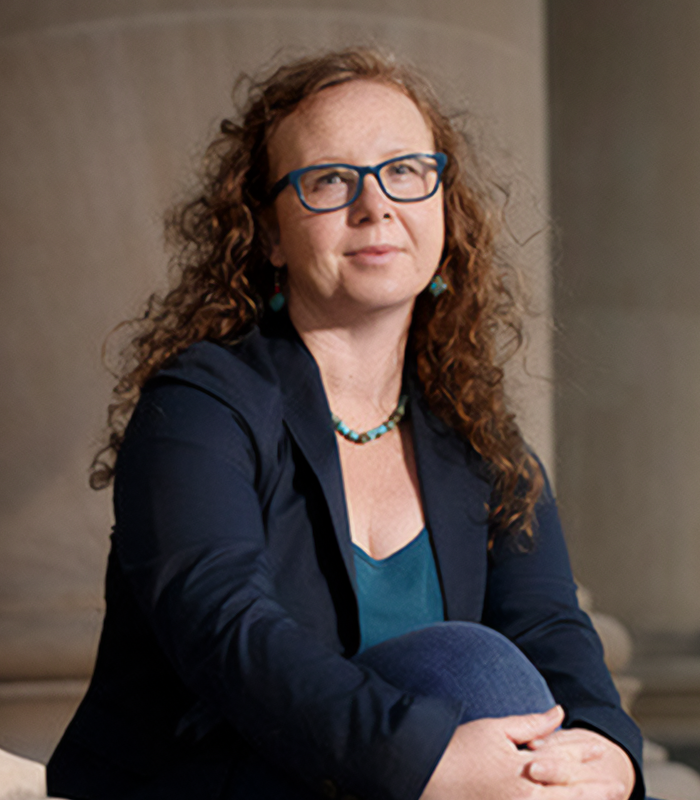With a grant from the National Science Foundation, historian Katrina Jagodinsky is exploring how various marginalized groups – immigrants, women, and indigenous and enslaved people, for example – used habeas corpus, a longstanding legal principle enabling prisoners to challenge the legality of their detentions, to claim freedom and establish their rights between 1812 and 1924. In collaboration with the Center for Digital Research in the Humanities, Jagodinsky, the Susan J. Rosowski Associate Professor of History, is developing a first-of-its-kind digital database archiving roughly 6,000 previously unpublished habeas petitions, which will be searchable by demographic.
